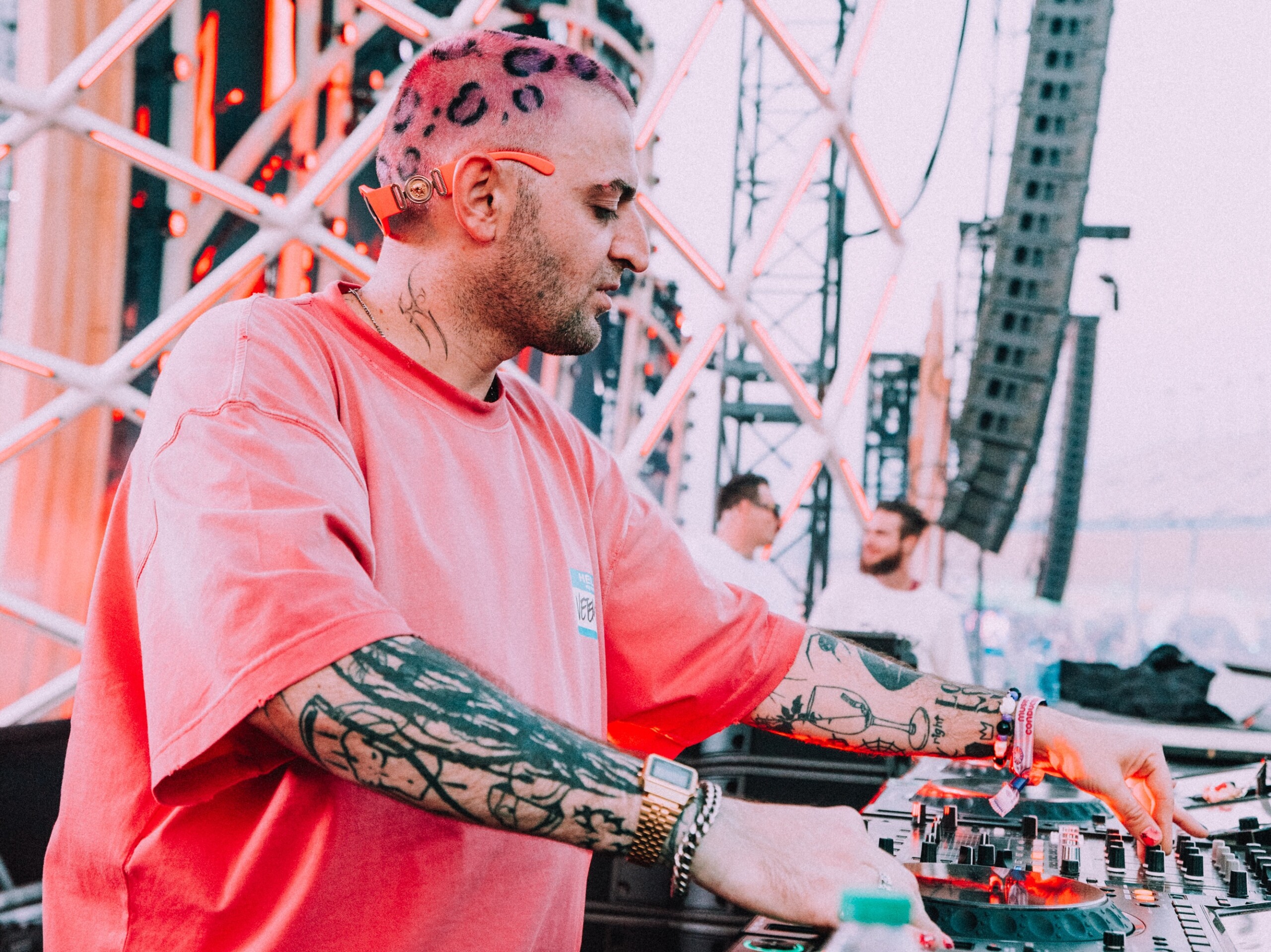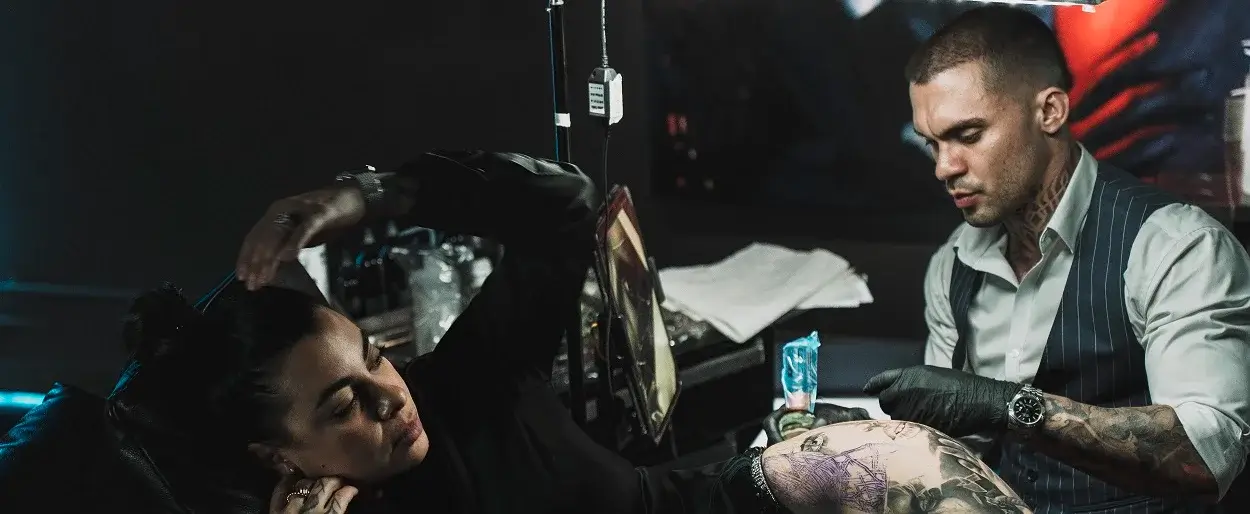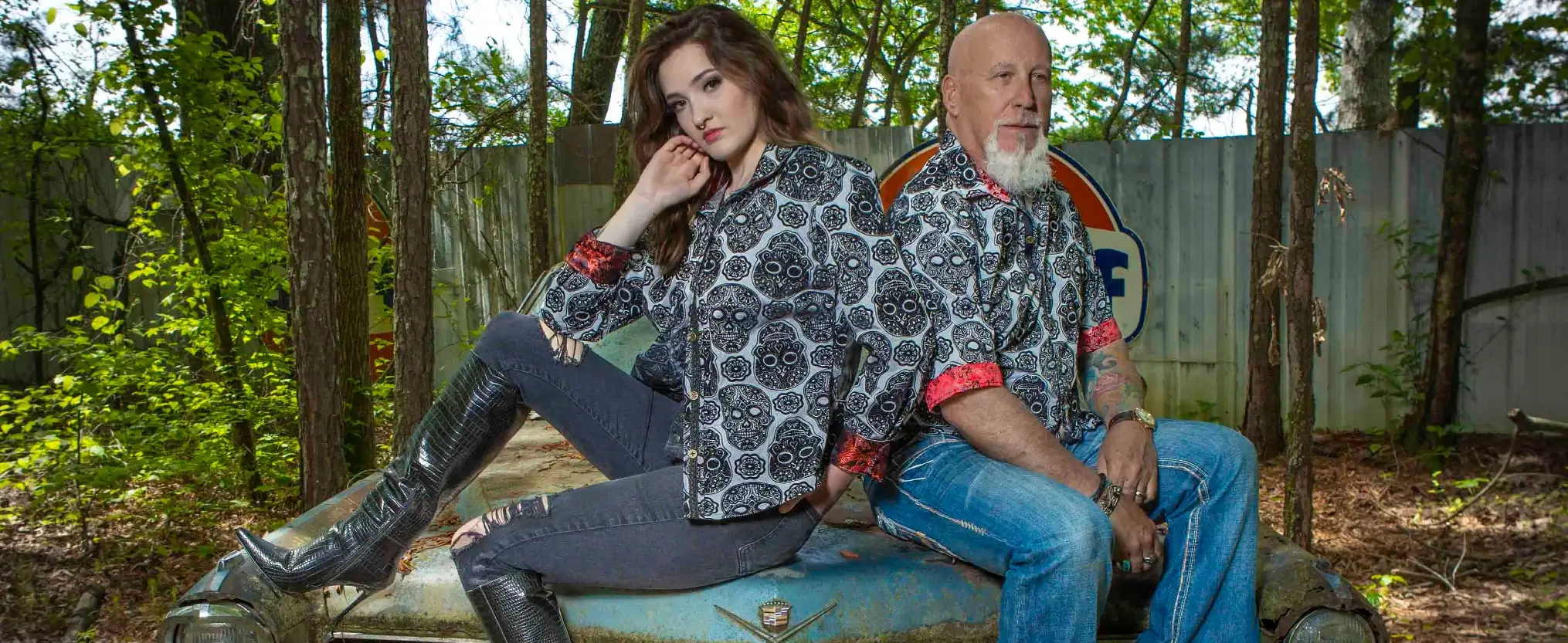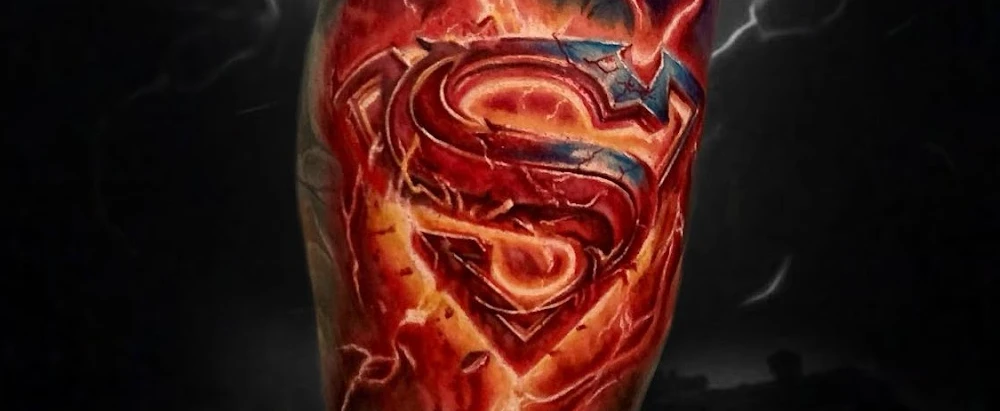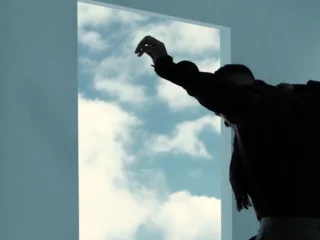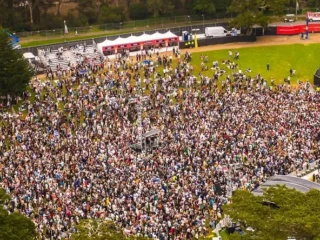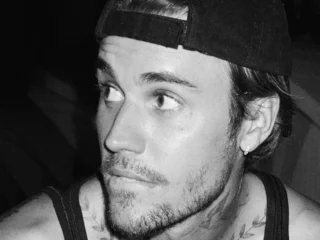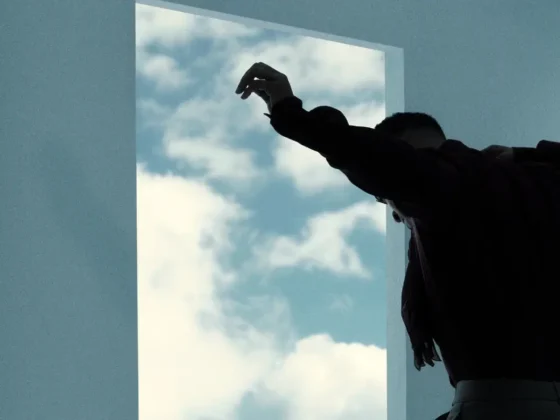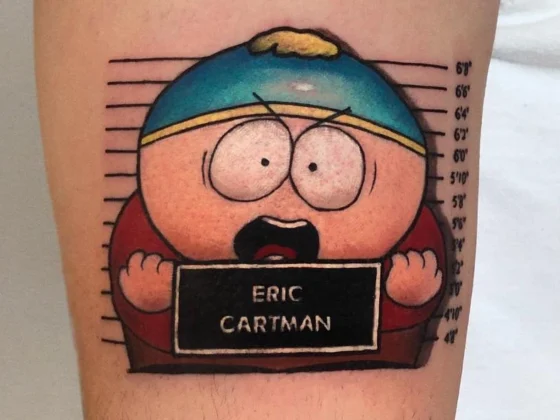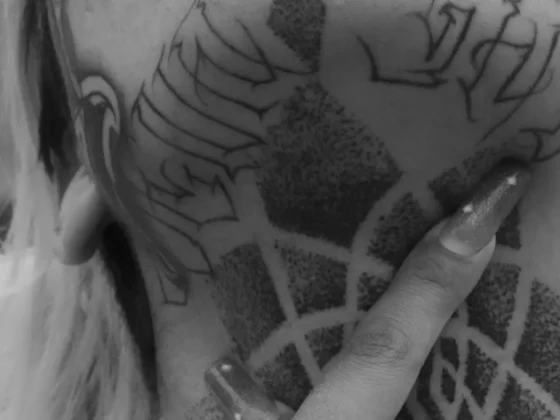The King of DIY
From warping old electronics in his bedroom to DJing in front of thousands, Habstrakt has built himself from the ground up
Artistic kids are well aware that some of our most creative ideas can come from isolation. Adam Jouneau, better known as the DJ and producer Habstrakt, grew up in a small town in the south of France where boredom often propelled him towards creativity. In his bedroom, he took to dismantling and reassembling electronics to create sounds. Through the painstaking process, Jouneau cultivated a mentality that would seep into every aspect of his future career. Rarely will he take the easy route—he’d rather start from scratch and get his hands dirty. After years spent soldering wires and bending circuits, sparks inevitably flew and thus emerged the vivid world of Habstrakt.
Jouneau’s experimentation lent itself to a sweeping collage of electronic music intertwining thundering bass house with eccentric dubstep, EDM trap and everything in between. Unlike his music, quiet defined the creator’s upbringing. “I grew up in a place that was very isolated from the rest of the world,” he says. “And it was a blessing because I had all the time and space to really explore and learn things on my own.” Jouneau’s pull towards art also stemmed from watching his family’s musings—his father tinkered with electronics and played guitar and his mother and sisters played piano. More influential, though, was his mother’s job designing plays to tell children’s stories in schools. “She’ll build stages and draw and paint everything,” he says. “One of my earliest memories is my mom being on the phone and drawing with her left hand on a piece of paper. Then she just throws it into the trash, and then there’s me going through the trash and saving it.”
Growing up, Jouneau didn’t have access to the internet or a powerful computer, but that didn’t stop him from producing sounds with whatever he could find. “I started making music when I was 12 or 13,” he says. “A lot of it was on groove boxes, samplers, hardware synthesizers, little machines. My first recordings of music were on cassettes, and I still to this day record my sessions on cassettes.” As much as Jouneau wished he could acquire better tech, being forced to make music from the ground up was an eye-opening experience for him. “A lot of it came from thinking, ‘I would love to have this synthesizer or this machine,’ and then it was like, ‘I can’t afford it.’ So I would just break a radio, solder the speaker to something else, connect two dots and ZAP—that was music for me.”
Jouneau finally got his hands on his first computer at 18 and that changed everything. He quickly learned he wasn’t alone, there were entire communities on MySpace filled with French producers posting and commenting on one another’s music. At the same time, a plethora of new music software flooded the scene, adding more new tools to Jouneau’s arsenal and allowing him to further experiment with his sound. “We couldn’t fit into the other categories,” he says of his contemporaries. “So this one just landed on us, you know? It’s a good community for people who like weird stuff, like to experiment and think a bit outside of the box.”
Jouneau found a groove of working in a kitchen and coming home to make music all night. He’d put out singles without expecting much, but eventually found them getting picked up by radio stations. Soon, he was getting booked for gigs left and right. When Jouneau discovered a video of Skrillex playing one of his songs in 2014, he had an epiphany. “I was like, wow, this is serious,” he recalls. “He’s playing something I made in my parents’ home in my bedroom for 20,000 people, and everyone’s screaming.” Beyond that, he was starting to see that music was taking over his life. “There were layers to it,” he says, “But the first one was having to quit my job because I was playing too many shows.”
Making music his career was something that didn’t occur to Jouneau until he was already established. “Back then, I was just coming from a worker’s mind,” he reflects. “You have to work, you have to pay rent, you have to pay for food, you have to survive in this world. And so work is work, whatever it’s gonna be. So [pursuing music] was like, ‘Oh, I just have a new job.’” Further along the journey, though, is when Jouneau realized his work had more impact than he was giving himself credit for. “The Skrillex thing showed that the things I see, the things I hear, the things that [I] make people hear, trigger an emotional response in people, and that’s worth any form of financial [gain],” he continues. “It’s just feelings. And I was like, this actually feels great.”
It has been six years since Jouneau moved to LA and embarked on a nonstop journey of self-discovery. Releasing his first album, “Heritage,” in March 2023 changed how he thinks about making music. “I was going from just making singles here and there to working on a full body of work, delving into a mindset and vision and storytelling through music,” he explains. “I wasn’t really doing that when I was just putting out music made by DJs for DJs.” At the moment, he’s continuing to challenge himself while also digging back into his roots of making art in unconventional ways. His latest rabbit hole is making analog video glitches that can be used as visuals for live shows. “[Creating an album] made me feel like an artist again, not just a DJ producer,” he says. “I think the next step for me is to really accept and embrace that.”
Along with creating irreplicable sensory experiences, Jouneau’s commitment to art also manifests through his tattoo game. Many of his tattoos weren’t prompted by a specific event, and were instead spontaneous impulses that have been captured for life. “Lately I’ve been diving more into the very chaotic, tribally-scratchy vibe that has absolutely no meaning,” he says. “It’s kind of hard to plan, so I’ve gotten a lot of freehand stuff lately. I think I had to go through the more traditional, planned pieces and placements before I could dive into [the mindset of], ‘Go off, I have all this space to fill.’”
Don’t mistake that mindset for nonchalance—Jouneau is particular when it comes to what goes on his skin. “An artist, what they do, the way they tattoo, the quality of their work,” he shares, “I’m always linking this to my own vision.” In many cases, he’ll let an artist freehand an original design to strategically weave around his current tattoos. Things may appear disorderly, but there’s a method to the madness. If forced to pick a tattoo that describes this moment of his journey, it’d be the sprawling abstract design on his shoulder. “The amount of detail is absolutely incredible, but it doesn’t mean anything,” he says. “It’s very representative of my music and where I am now—the path is chaotic, yet it all fits into place.”
This next phase of Habstrakt sees him further assuming his artistic identity. “God knows where that’s gonna take me because I’m always learning new things, especially on the technical and production side of it,” he says. “But it’ll definitely be a bigger body of work with a more meaningful vision.” You can trust he’ll always carry with him the modus operandi that has gotten him this far—making what he can with what he has and letting the art speak for itself.
Editor's Picks
Bridging Classical Art and Modern Tattooing
Esteban Rodriguez brings the discipline of classical fine art to the living canvas of skin, creating hyper-realistic tattoos that merge technical mastery with emotional depth.
Show Your Ink Fashions Brings Custom Style to Tattoo Culture
Show Your Ink Fashions creates custom shirts designed to showcase your tattoos as wearable art, blending fashion with personal expression.
The Ultimate “Superman” Tattoo Roundup: Just in Time for Superman’s Return to Screens
With Superman’s big return to theaters, fans are revisiting some of the most iconic ink inspired by the Man of Steel.

